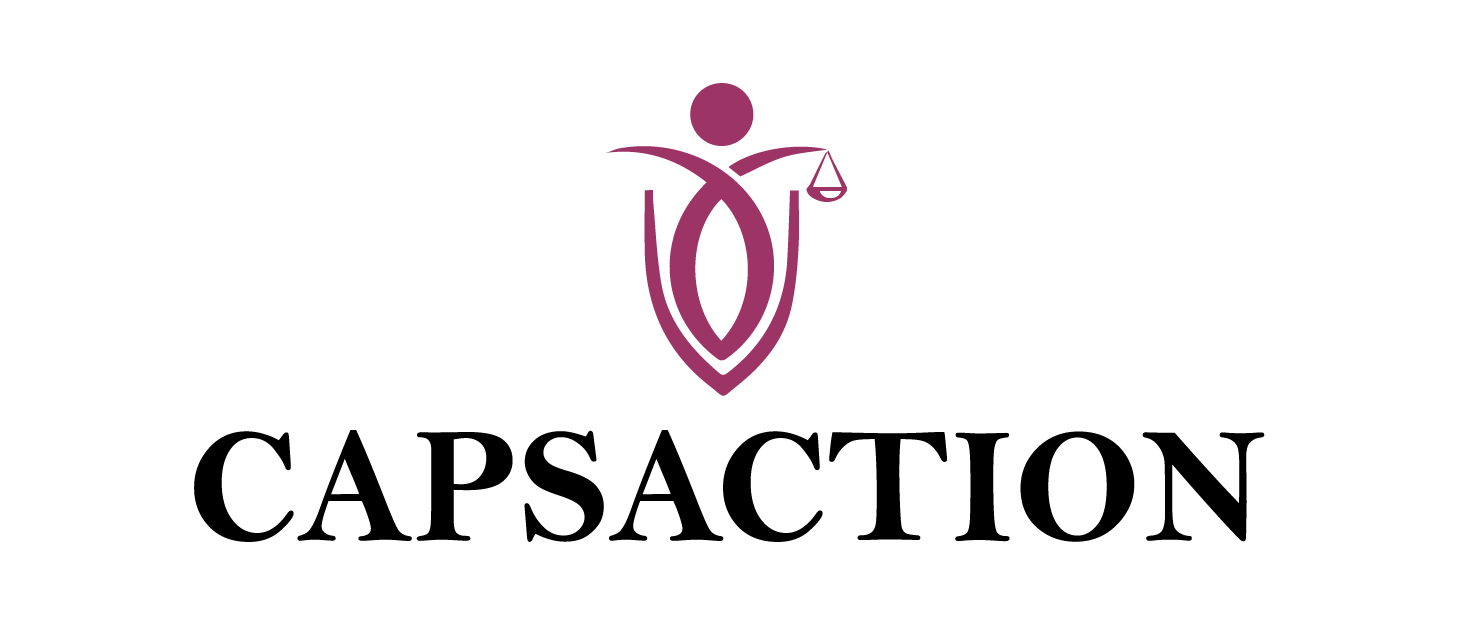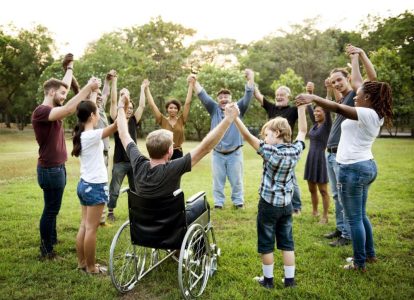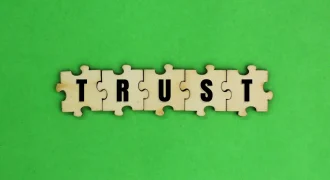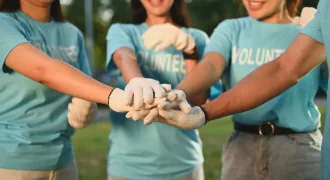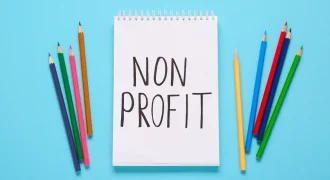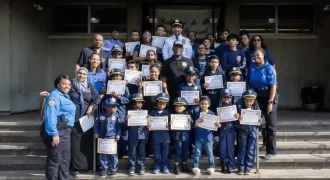With such a hurly-burly of our modern world, it is too simple to be caught up in the vastness of global problems such as climate change, social imbalance, and economic turmoil. Nonetheless, the grassroots level is a typical starting point of the change, and it can be initiated by such little steps that can bring about a significant change in a community. The side effect of such initiatives is the ability to change neighborhoods, build relationships and send a culture of involvement and accountability. This blog examines how the smallest of the efforts can translate into great, positive changes in our societies.
Understanding the Ripple Effect
The notion of the ripple effect is based on the fact that one act can be used to influence a wave of changes. Similarly, little actions can affect people and motivate greater movements just like throwing a pebble into a pond, which causes the ripples to spread. It is a principle that stresses on the significance of the personal input, proving that each person can change a situation.
Real-Life Example: Community Garden Initiative
Take an example of a community garden. It usually begins with a small number of people who resolve to either plant vegetables or flowers in an empty lot. This minor measure may provide a number of positive results:
- Community Engagement: As the garden expands, there will be an opportunity to invite even more community members, which will promote the relationships between communities. This makes people begin to meet, sharing stories, and work together on projects, which forms a sense of belonging.
- Education:Community gardens can be used as educational forums where participants are taught on sustainable practices, nutrition and gardening techniques. This understanding can enable people to make healthier diets and think about their environmental effects.
- Improved Mental Health: Gardening has been found to alleviate stress and boost the general well-being. The social-level of mental well-being can be improved in the community as a result of an increase in individuals participating in this practice.
- Environmental Impact: Community gardens can encourage biodiversity, enhance air quality and lessen urban heat. One garden can make other people implement such projects and make the neighborhood greener.
The Power of Individual Actions
Everyone can contribute to big community changes through simple, everyday actions. Here are some ways individuals can make a difference:
1. Volunteer Your Time
Volunteering is a great method of making ripples of change. It can be serving at a local food bank, mentoring the youth or attending neighborhood clean-up events, but regardless of what you do, your time can make a significant difference. As an example, volunteers cleaning the park on a regular basis may encourage the residents to feel proud of the community, which will prompt more people to join the group.
2. Share Your Skills
Each person possesses individual talents that can be of use to their society. In case you are a good musician, you can offer free music classes to children. In case you are an expert in graphic design, assist domestic nonprofit organizations in making marketing materials. By providing your expertise you are not only empowering others but also making the community stronger.
3. Advocate for Local Issues
Advocacy does not necessarily have to be on a colossal scale. Participation in local affairs like town hall meetings or attending community forums will enable you to express your concerns and give suggestions. Once people unite to fight a shared agenda like enhancing transportation systems or housing policies, their voices when unified can win a lot.
4. Start a Small Group
It can be a small group sharing an interest or issue that can result in a significant change. As an illustration, when you are enthusiastic about sustainability, you can create a zero waste group, where members are urged to embrace practices that will not impact the environment negatively. The friendship and common agenda may result in greater community education and intervention in the direction of sustainability.
5. Practice Random Acts of Kindness
In order to make small gestures like assisting a neighbor to move groceries or write a thank-you note can bring a good environment in a society. Such activities have the power to motivate others to do the same in order to create a culture of love and care.
The Role of Local Organizations
Local organizations are very important in enhancing the ripple effect of small actions. They are commonly used as a place of community interaction, where resources, support, and a place where people converge. The following are some of how big community change can be brought about by local organizations:
1. Provide Resources and Support
Local groups can provide means of people willing to work to change something. This could encompass community projects financing, training or access to materials. As an example, the nonprofit with education orientation may supply the materials to local literacy programs to empower volunteers to educate others.
2. Foster Collaboration
Companies are able to unite different people, and they promote teamwork and exchange of ideas. A community center with a solution fair can bring together residents, local businesses and nonprofits to brainstorm projects that will solve the needs of the community and result in larger projects.
3. Raise Awareness
Special awareness can be conducted to specify certain problems in a community, and it will mobilize people to act accordingly. An example is that a campaign on food insecurity might motivate people to host food drives, lobby policy changes, or even create community gardens, which will result in a stronger local food system.
Measuring Impact: The Feedback Loop
The most interesting thing about the ripple effect is the feedback loop that it produces. When people act and receive any positive outcome, they would tend to get more involved and motivate others to do so. This forms a loop of change that may bring about a significant transformation in a community.
Example: The Power of Storytelling
By telling the stories of success, one may increase the ripple effect. It is possible to inspire other people to participate by underscoring the fact that a small act resulted in a huge difference. An example of this is the use of a local newspaper with stories of local heroes to encourage readers to make some action in their own lives, be it through volunteering, lobbying or initiating their own efforts.
Conclusion
Small acts that result in big changes in communities are a strong reminder of the fact that any person can serve as a difference-maker. From volunteering and exchanging skills to promoting local issues, every step will lead to a common movement to a more perfect community.
In the course of our journey of dealing with the intricacies of life in a contemporary world, we should bear in mind that we are the agents of change. When we adopt the ripple effect, we will be able to make our neighborhoods a better place, a living community that values, and encourages each other. We can also have a future in which we can make a great change out of small steps and that is why we should know that every step matters when it comes to making the world a better place.
